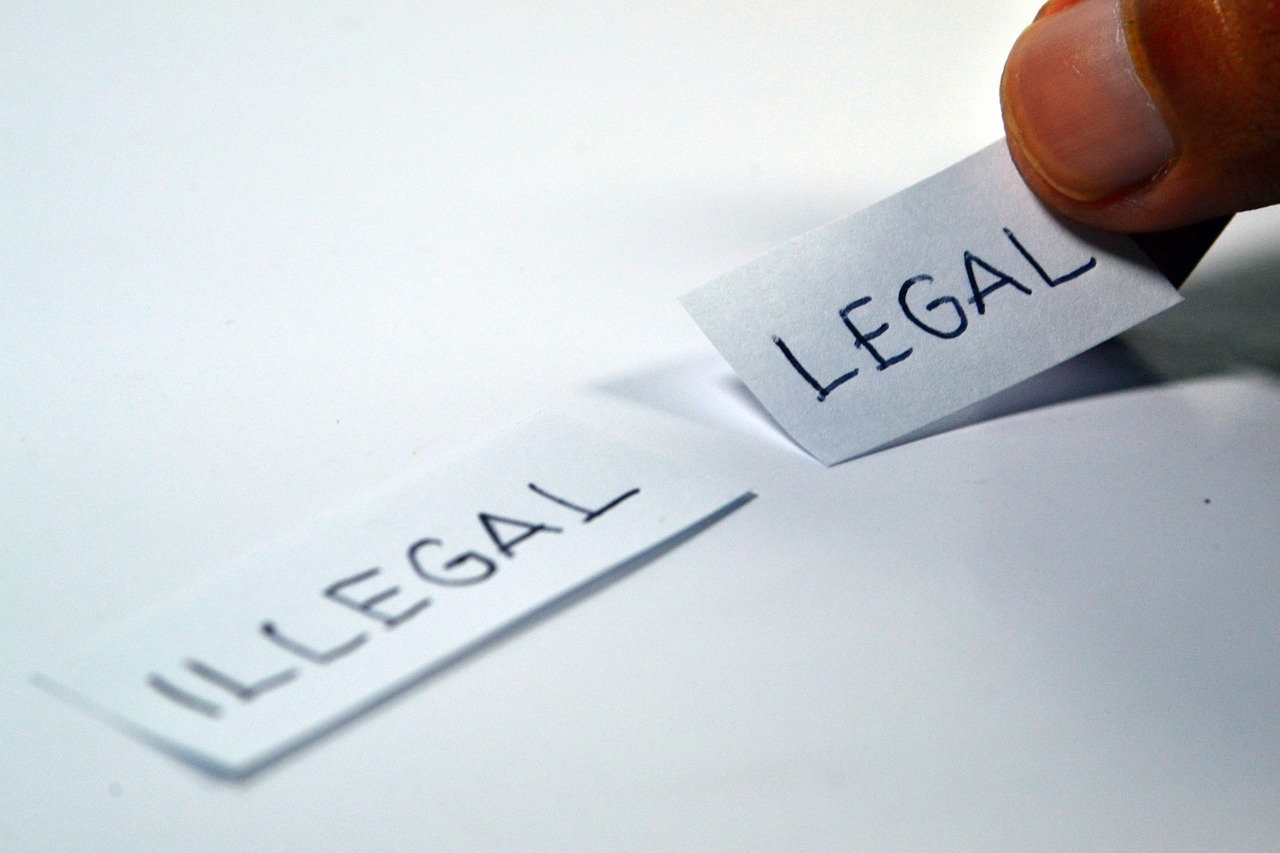Legal research and writing is a rewarding and interesting pursuit. Those who are interested in becoming legal researchers and writers should take care to avoid engaging in activities that constitute the practice of law. Such acts include preparing and drafting a wide range of legal documents. Non-lawyers should avoid giving legal advice or providing legal representation.
It is not a problem to do legal research and writing on your own behalf if you are representing yourself in court.
It is extremely helpful for non-lawyers to work under the supervision of a licensed attorney in good standing in the state in which the document will have an effect. Before starting work, check the state bar’s website for the name of your supervising attorney. Looking up their listing will tell you if they have a disciplinary history. If they do, talk to them about it.
What is the unauthorized practice of law?
Documents that could raise a concern include legal briefs, memos, motions, declarations, offers, options, deeds, mortgages, contracts, leases, bankruptcy schedules, trust deeds, powers of attorney, wills, and the formation, change, consolidation, or dissolution of corporations or partnerships. Software-related privacy disclosures and license agreements are contracts. These documents are also of concern.
It is usually a concern for a non-lawyer to write all of the questions for a deposition or interrogatory. You should avoid assisting a client with filling out vehicle-related paperwork submitted to the court or state department of motor vehicles. Non-lawyers should also not write answers to legal questions that clients post on web boards or web forums. It is not a problem for you to fill in the blanks of a standard form contract or prepare tax returns without providing legal advice.
The best way to determine whether a document raises a concern is to discuss the project with a licensed lawyer in good standing in the state in which the document will have an effect. Pick a lawyer in the field to which the document is related. For example, avoid coming to a criminal defense attorney with an immigration law question.
Engaging in the unauthorized practice of law is a crime punishable by a fine and/or incarceration. The severity and punishment for the offense differ according to state law. Usually, such an offense is a misdemeanor. There may be more severe penalties if an individual repeats the act. A court can determine every instance of engaging in the unauthorized practice of law as a separate offense.
Engaging in the unauthorized practice of law is especially dangerous for individuals who work in fields related to law. An arrest or conviction related to the unauthorized practice of law may affect an individual’s business, license, and reputation.
The need for training in legal research
Doing legal research is usually less risky than writing a legal document. Yet legal research poses a particular problem for non-lawyers. One of the most important parts of doing legal research is seeing whether a past case will affect the ruling in a present case. Understanding what points of the past case are still valid involves a process called Shephardizing. The question is whether the case being researched is still good law. Law students learn this skill in the first semester of law school in a legal research and writing class. Non-lawyers often do not receive any equivalent of this training. It is important that a legal researcher use a legal database like WestLaw or LexisNexis that Shephardizes cases. Google Scholar and many other free and low-cost resources do not.
Jurisdiction, or the geographic or subject area over which a court has authority, determines whether a past case will affect a ruling in the case the researcher is studying. In order for a past case to do so, the court issuing the ruling in the older case must bind the court in the present case. A case that is non-binding may still provide some helpful reasoning. Such cases are called persuasive. Law students usually learn the structure of courts in their state, as well as federal courts. Non-lawyers can look up such information. Yet they may lack clarity on which rulings are binding and which are persuasive.
Copywriting and copyediting may pose problems
Advertising writing can pose a concern. You should read your state bar’s ethics rules for attorneys if you are asked to write or edit content for an attorney biography for a website, information about the law firm for a brochure, radio or television commercial, or a solicitation for a mailer. Every state has different rules.
When a rule is unclear, you should talk to your supervising attorney. A lawyer has the ability to call the state bar’s ethics hotline. This hotline is only open to lawyers. Your attorney-employer can also read the state bar’s ethics opinions on the subject. Ethics opinions can be found on the state bar website. You should avoid interpreting complicated ethics opinions yourself. Ethics opinions can be so tricky that lawyers with decades of experience sometimes consult attorney specialists.
Where employers and clients try to take advantage
Many job postings look for a legal writer or a law student to create a legal document or perform legal research. Beware of these postings. The clients are usually trying to take advantage of you.
Clients who want to hire a legal writer usually want to pay less than they would for an attorney. An attorney is likely to charge $250 an hour or more for their work. Clients who want to hire a law student want to get access to the law student’s free use of major legal databases. These databases are very expensive for licensed attorneys.
It is particularly unsafe for a law student to get involved in legal research and writing projects without the supervision of a licensed, experienced attorney. If a state bar finds out about such work, the student could face discipline from their law school, criminal charges, and sanctions from the state bar. All of these can result in a delay in earning a law license.
Many projects pay a flat sum rather than an hourly rate. These projects often involve too much time and risk for a non-lawyer. Further, individuals who are not lawyers are not protected by malpractice insurance.
A writer who cannot do a project but wants to help a client should refer the client to a state or local bar association referral line. The association will be able to research or network the field of law for which the client needs assistance. The client should then be able to get a free or low-cost half-hour consultation with a lawyer.
As you gain experience, consider developing a wide network of lawyer contacts. Lawyers are curious, and often want to explore complex issues with you. Making friends with lawyers will also help you to better understand their training and mindset.
© November 21, 2017 by Jessica Zimmer
Jessica Zimmer is a journalist, copywriter, and editor with over 15 years of professional experience. She is also a California and Florida-licensed attorney in good standing in both states.




Leave a Reply